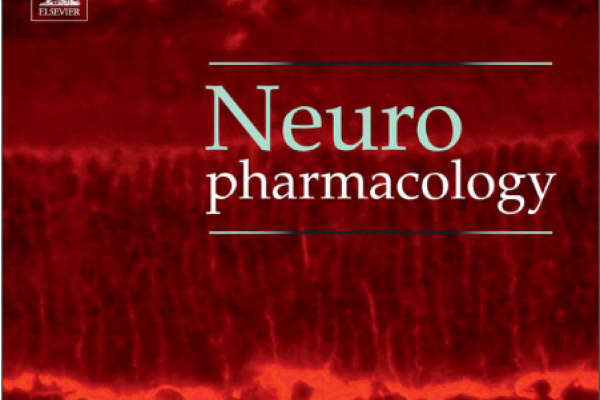2012-02-22

There is growing interest in understanding the neurobiological foundations of attention.
Since dopamine is one of the most important neurotransmitters regulating attention processes, we aimed to examine whether attentional processes in a change detection task (biased competition paradigm) are modulated by dopamine signaling. Therefore, we investigated the influence of two polymorphisms of the dopaminergic system, i.e., Val158Met (rs4680) in the catechol-O-methyltransferase (COMT) and a variable number of tandem repeats polymorphism (VNTR, rs28363170) in the dopamine transporter (DAT1). Based on previous research, it is known, that the COMT Met allele results in lower enzyme activity and is therefore related to enhanced PFC dopamine signalling. In this study with 216 Caucasian subjects, we found that homozygous Met/Met allele carriers had difficulties when performing the biased competition task, particularly showing the greatest difficulties in case cognitive and behavioural flexibility was necessary and the required reaction was not part of the subject’s primary task set.
Contrary, no differences between the two genotype groups were evident, when an attentional conflict emerged and attentional control was needed for adequate responding.
With respect to other studies examining mechanisms of attentional functions in different paradigms, the results suggest that behavioural flexibility and attentional control as two execeutive subprocesses are differentially influenced by genetic polymorphisms within the dopaminergic system.

There is growing interest in understanding the neurobiological foundations of attention.
Since dopamine is one of the most important neurotransmitters regulating attention processes, we aimed to examine whether attentional processes in a change detection task (biased competition paradigm) are modulated by dopamine signaling. Therefore, we investigated the influence of two polymorphisms of the dopaminergic system, i.e., Val158Met (rs4680) in the catechol-O-methyltransferase (COMT) and a variable number of tandem repeats polymorphism (VNTR, rs28363170) in the dopamine transporter (DAT1). Based on previous research, it is known, that the COMT Met allele results in lower enzyme activity and is therefore related to enhanced PFC dopamine signalling. In this study with 216 Caucasian subjects, we found that homozygous Met/Met allele carriers had difficulties when performing the biased competition task, particularly showing the greatest difficulties in case cognitive and behavioural flexibility was necessary and the required reaction was not part of the subject’s primary task set.
Contrary, no differences between the two genotype groups were evident, when an attentional conflict emerged and attentional control was needed for adequate responding.
With respect to other studies examining mechanisms of attentional functions in different paradigms, the results suggest that behavioural flexibility and attentional control as two execeutive subprocesses are differentially influenced by genetic polymorphisms within the dopaminergic system.